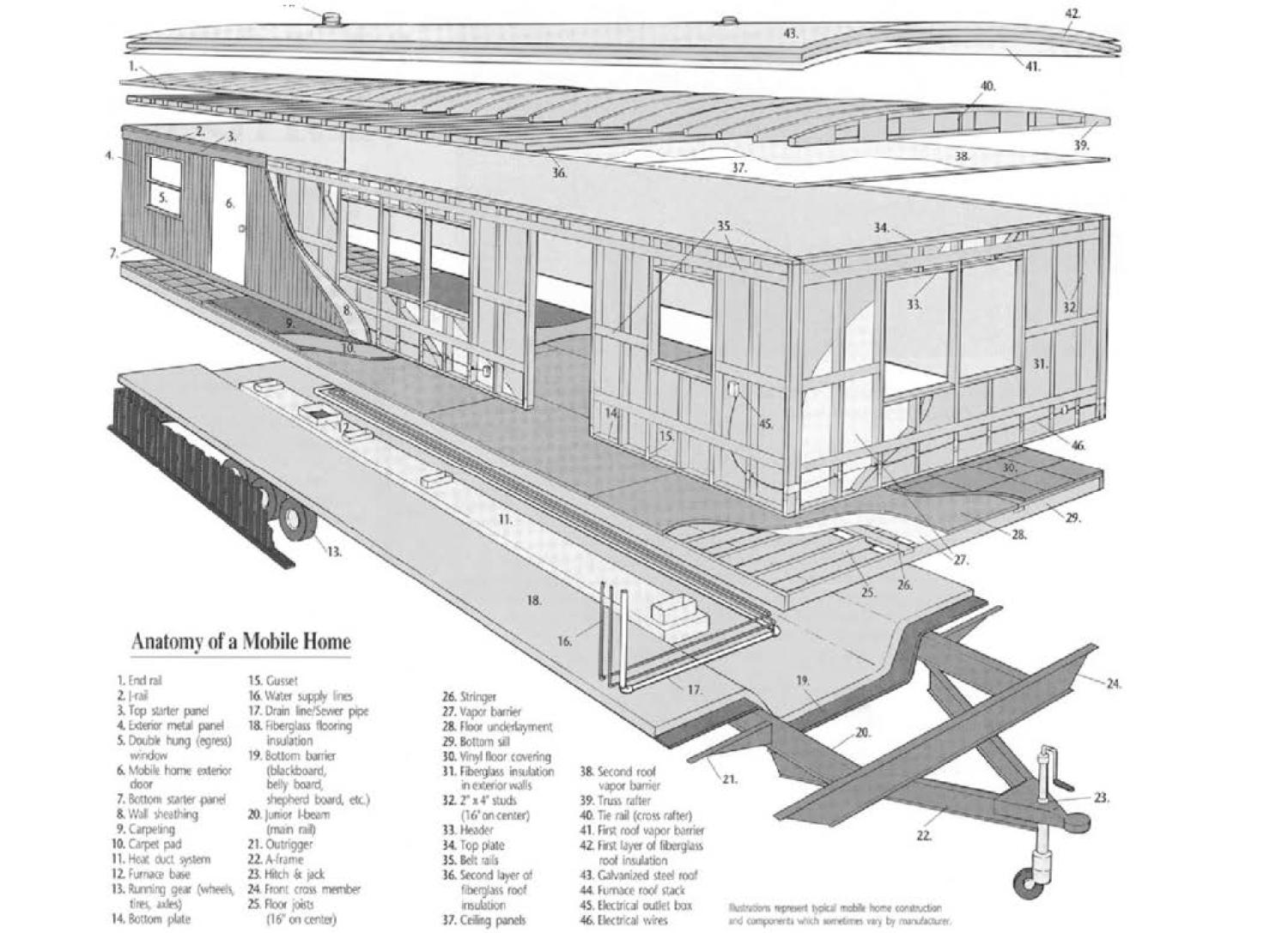2025 Latin honors recipients
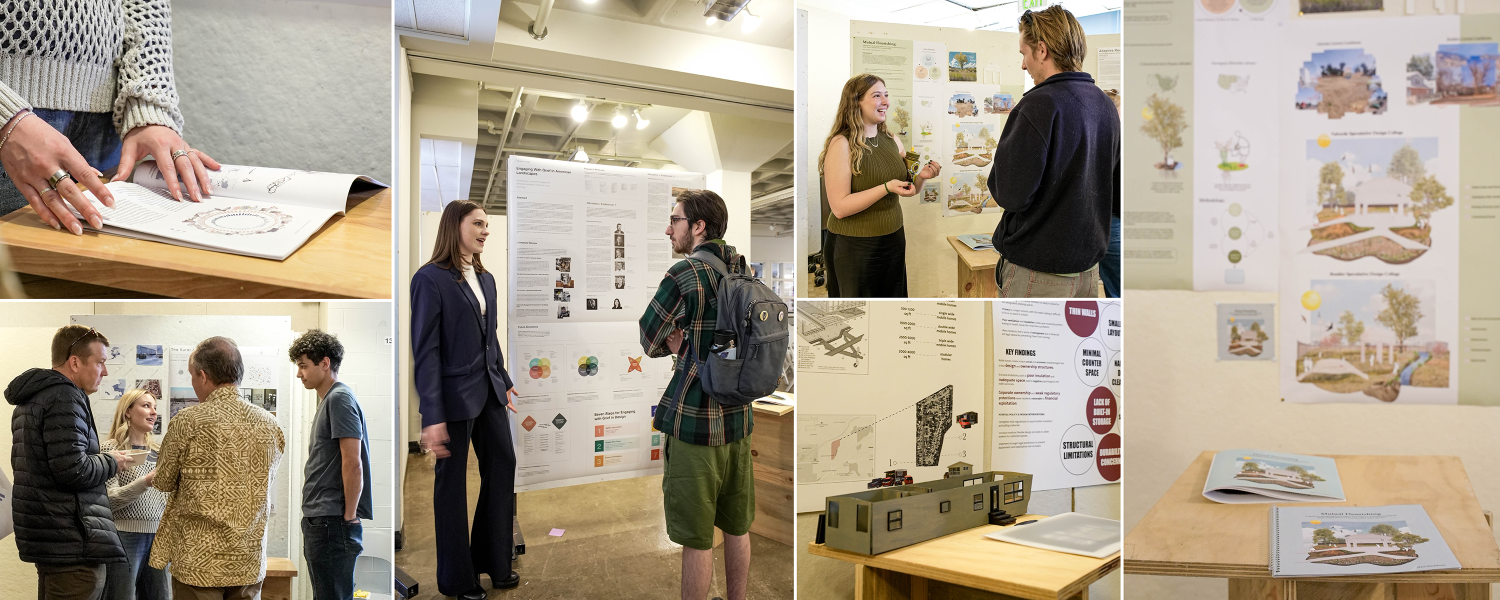
Each spring, a small group of environmental design students defend their theses to a dedicated thesis committee. Students are awarded Latin honors at the levels of cum laude, magna cum laude or summa cum laude.
Projects worthy of the honors designation are works of creative expression, including design, research, and theoretical work that demonstrate a high level of intellectual and creative ability and analytical skills. Completing an honors project allows students to investigate topics of interest, provides the opportunity to work closely with a faculty thesis chair, and creates a culminating intellectual experience that produces both a meaningful project and an invaluable learning experience. The Honors project represents the climax of their college careers.
Congratulations to the following students who graduated with Latin honors.
Harmonizing Inupiaq subsistence living practices with energy infrastructure equity in the Bering Strait region through culturally responsive design innovation
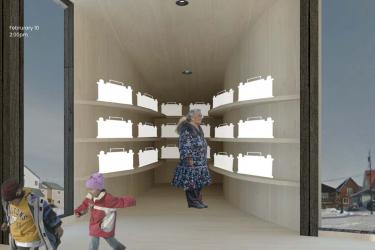
Disparities in Biking Infrastructure Development:
Analyzing Policy, Economic, and Social Factors in Colorado’s Front Range Cities
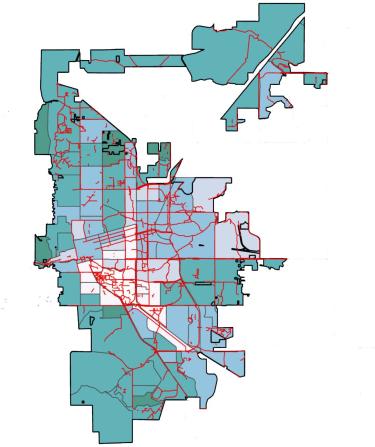
Engaging With Grief In American Landscapes
Developing a community engagement framework tailored to victims of mass shootings
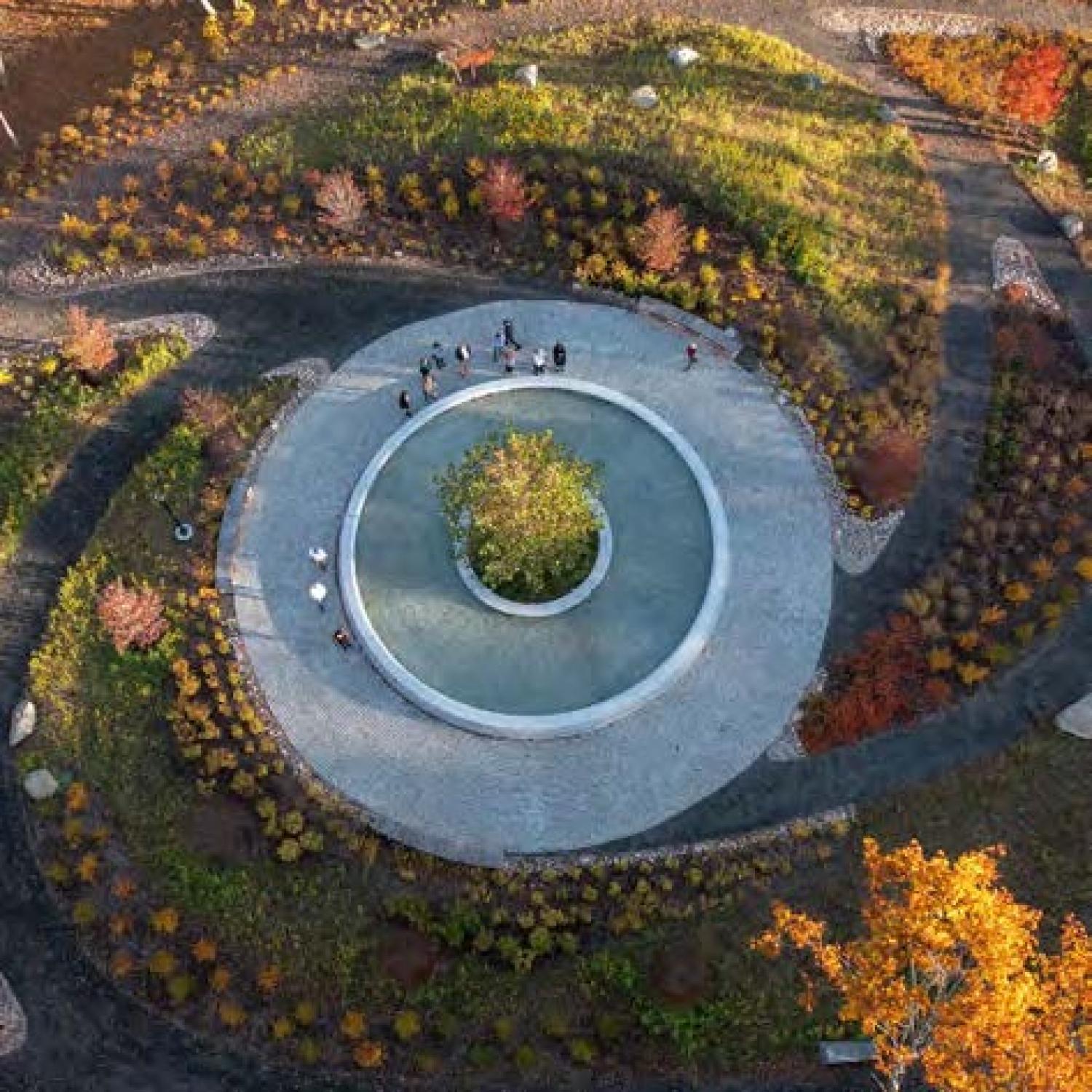
Uplifting Mutually Beneficial Relationships Between Humans and Colorado Native Species Through Urban Landscape Design
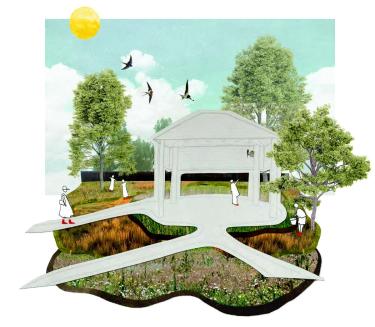
Applying New Decentralized Water System Practices to Commercial Building Adaptations within Colorado
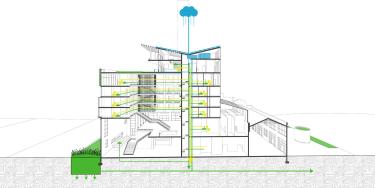
Exploring Environmental Preferences and How They Relate to Human Foraging Behavior

Adaptive Reuse Assessment:
Revising Redevelopment Policies in Denver, Colorado to Promote Sustainability
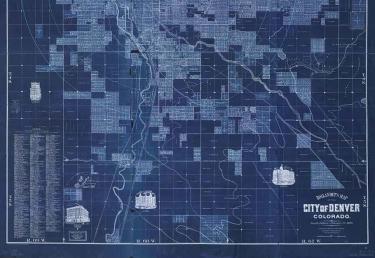
Implementing Mental Health-Focused Design in Existing Public High Schools
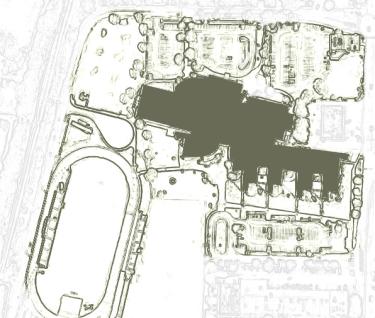
A layered framework of ecology and infrastructure at regional and municipal airports in Minnesota
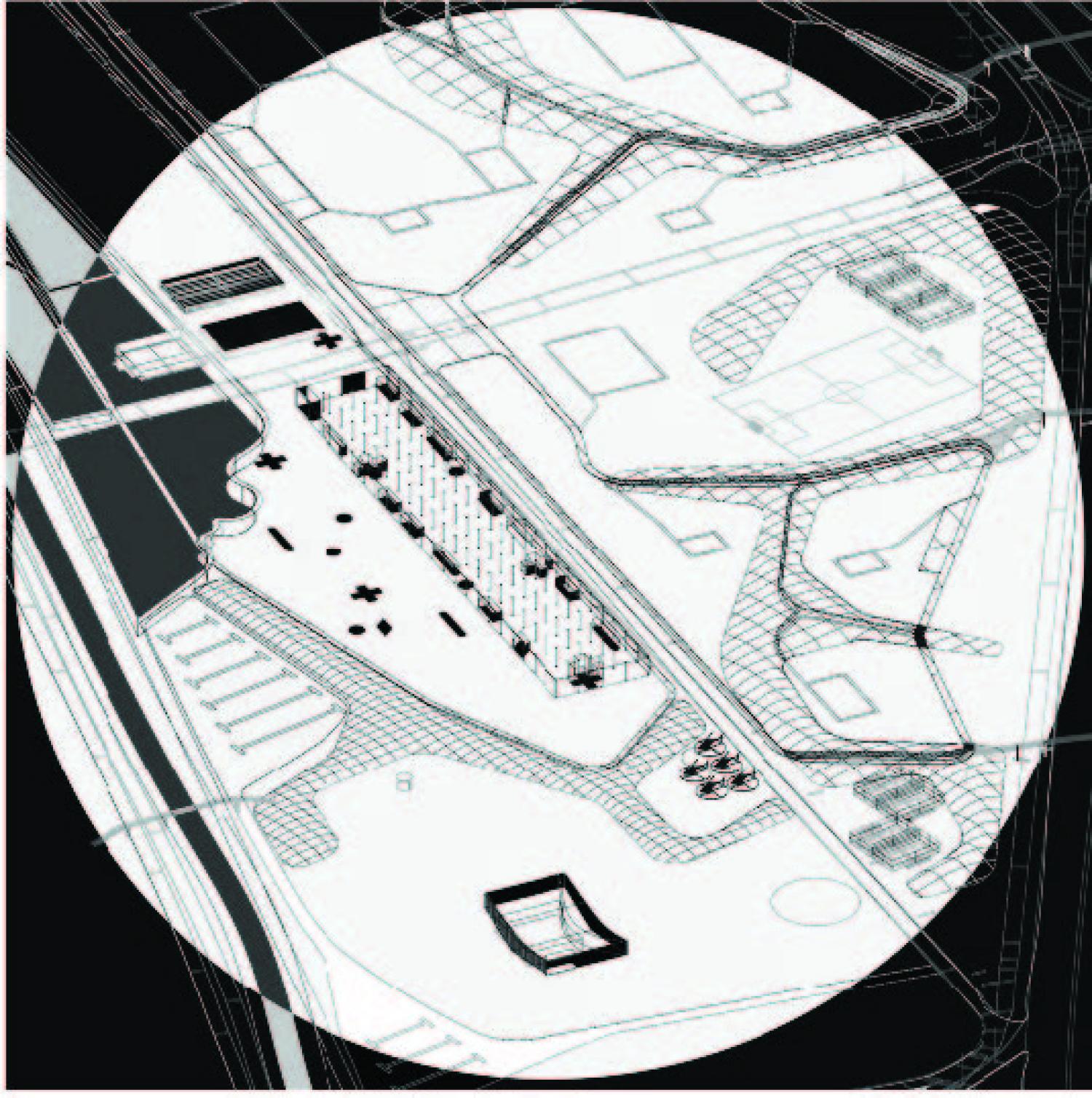
Spatial Design Strategies for Cultural Resilience in Gentrified Areas
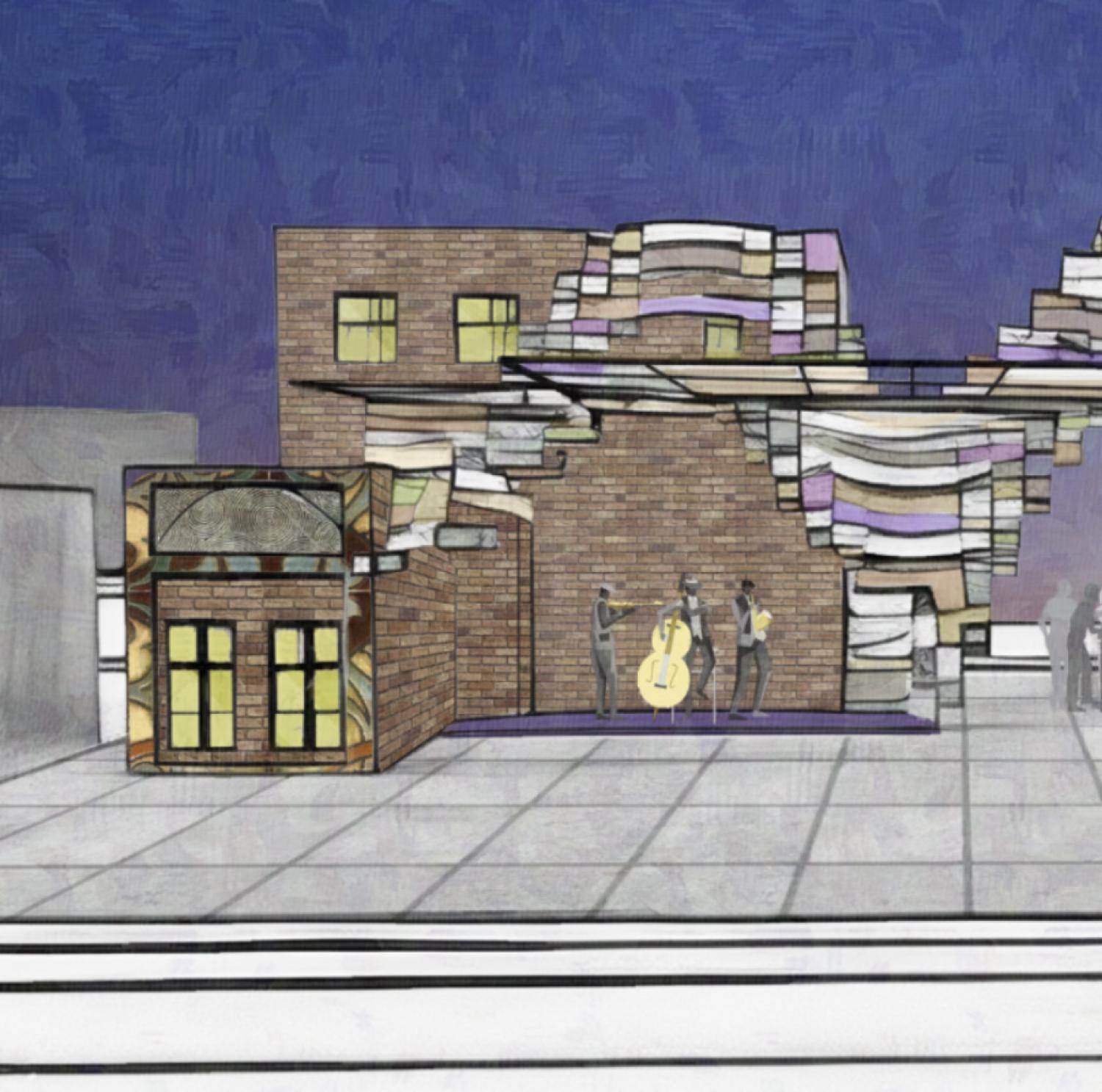
MuSE: Multispecies Sensory Engagement
Enhancing Emotional Bonds with Nonhuman Organisms through Human-Computer-Interaction
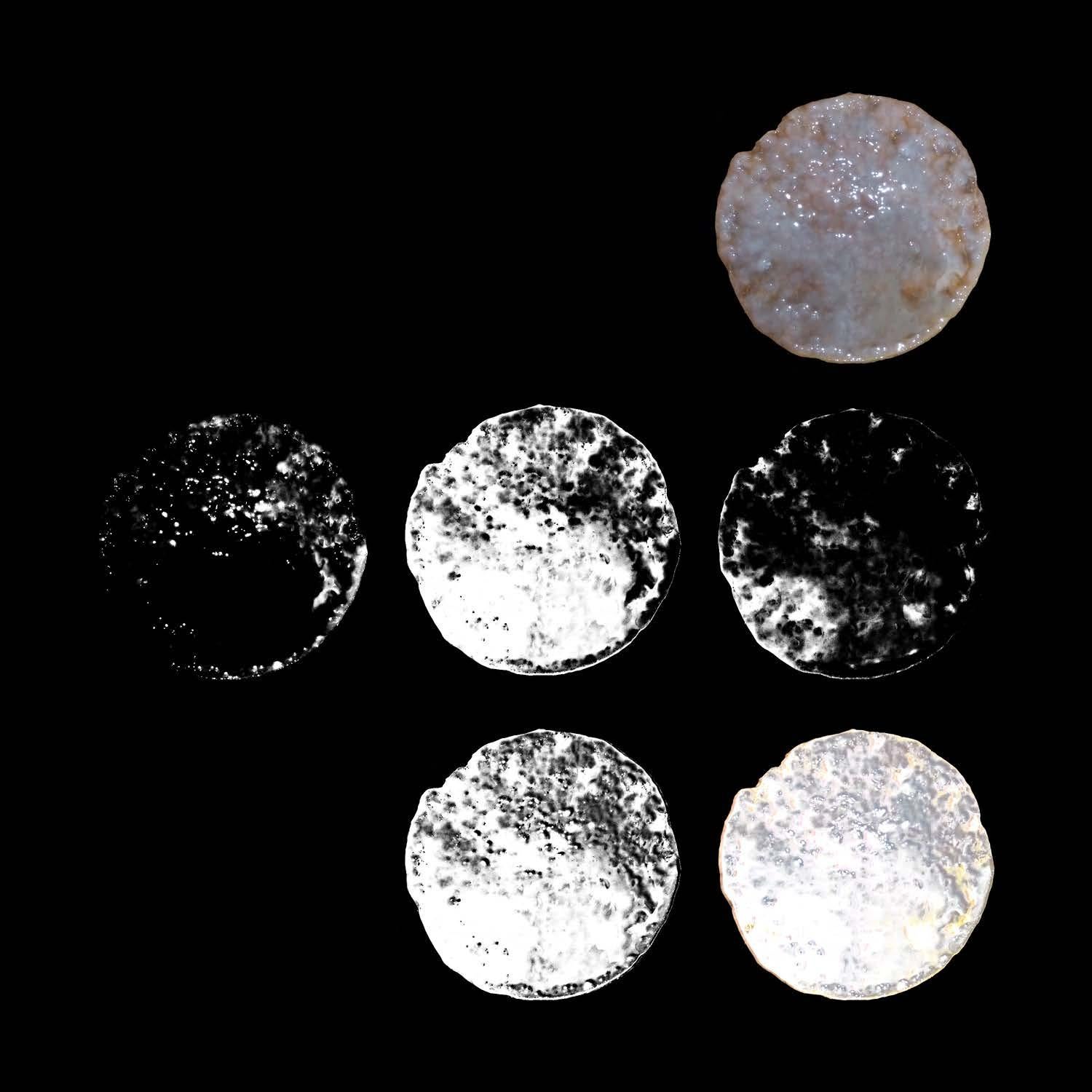
Inside Out: Exploring How Interior Design
Perpetuates Systemic Disadvantages In Mobile Home Communities
